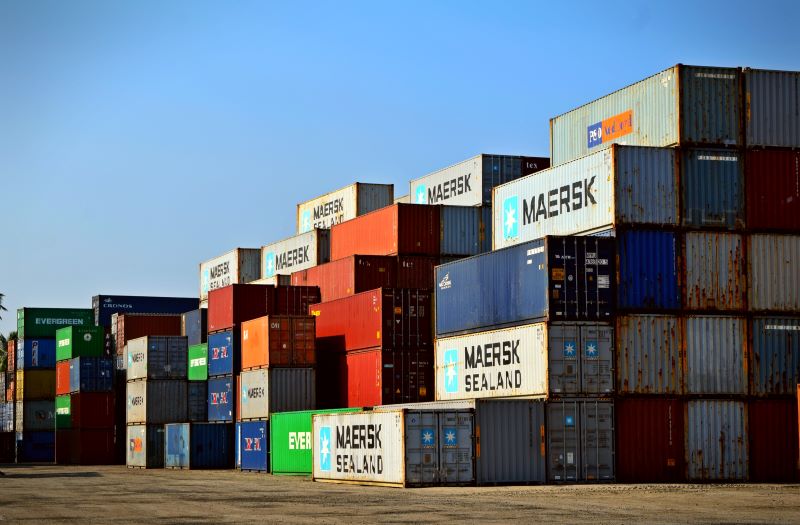
Voluntary Self-Disclosure policy updates were issued jointly by the Department of Commerce, Department of Treasury, and the Department of Justice. Under the moniker of Tri-Seal, the three agencies provided information about the self-disclosure process for violations of sanctions, export regulations, and other national security laws.
These three agencies have been increasingly coordinating efforts to prevent sensitive U.S. technologies and goods from being acquired from U.S. adversaries and to prevent abuses of the financial system by sanctioned parties. This announcement further details a memorandum previously released by the Bureau of Industry and Security (BIS) in May of 2023,
Defining a Voluntary Self-Disclosure
A Voluntary Self-Disclosure (VSD) is conducted when an organization recognizes that violations or suspected violations of U.S. regulations have occurred. It is the responsibility of the organization to report such findings in a timely and transparent manner to the appropriate federal agency. The three major sets of U.S. regulations for export compliance are, the International Traffic in Arms Regulations (ITAR), the Export Administration Regulations (EAR), and the Office of Foreign Assets Control (OFAC).
Increased Regulatory and Enforcement Activity
There has been increased activity from the BIS, which enforces the EAR, and OFAC in terms of increased regulations and enforcement activity in recent years. These actions have been in response to developments in the international arena in an effort to protect U.S. foreign policy and national security interests. This continuing change in regulations and sanctions lists increases the likelihood of a business involved in export to inadvertently transfer controlled goods or information to a restricted country, person, or entity.
Summary of Comments
Department of Justice’s National Security Division (NSD)
The NSD restated its updated policy to incentivize organizations to promptly disclose potential violations of U.S. sanctions or export regulations. In cases where organizations do perform a disclosure, the NSD will generally not pursue prosecution and the company will not need to pay a fine. This NSD policy also applies to other corporate criminal matters such as enforcement of the Foreign Agents Registration Act, laws prohibiting support to terrorists.
Bureau of Industry and Security
The BIS encourages voluntary disclosures of potential violations of the EAR. When these disclosures are conducted in a timely and comprehensive manner with full cooperation, the BIS will substantially reduce civil penalties. This includes cases where controlled items, technology, have been transferred or transactions that have involved boycott violations.
The BIS had formerly announced a dual-track system whereby minor or technical infractions are processed within 60 days of final submission. This would include an issuance of a warning or a no-action letter from the Office of Export Enforcement (OEE).
The agency considers a deliberate nondisclosure an aggravating factor when determining severity of penalties. Furthermore, organizations cannot engage in self-blinding behavior in cases where violations may have occurred. Additionally, the BIS considers the existence of an adequate and engaged export compliance program a factor in case settlements.
Department of Treasury’s Office of Foreign Assets Controls (OFAC)
The OFAC considers a voluntary self-disclosure to be a mitigating factor in the determination of enforcement actions. In cases involving civil monetary fines, a properly performed VSD can result in significant reduction of fines. As with the BIS these disclosures must be self-initiated and not include false or misleading information.
CVG Strategy Export Compliance Management Programs
As these Voluntary Self-Disclosure policy updates illustrate, the federal government is accelerating its regulatory and enforcement activities. It is essential that businesses involved with export have effective compliance programs in place that can conduct internal investigations, and, if required timely and appropriately remediate deficient processes.
Export Compliance is an important subject for businesses engaged in sales of items that are intended for international sales or could result in international sales. Failure to comply with regulations can result in criminal prosecution including imprisonment and fines. It can also result in civil penalties and disbarment from export activities.
CVG Strategy can help you in understanding the ITAR and EAR, and help you establish a coherent and effective export compliance system. We can perform export control classifications, perform audits, assist in filings for export licenses and educate your team. Regardless of whether your business falls under EAR or ITAR, CVG Strategy has the expertise to help.

















